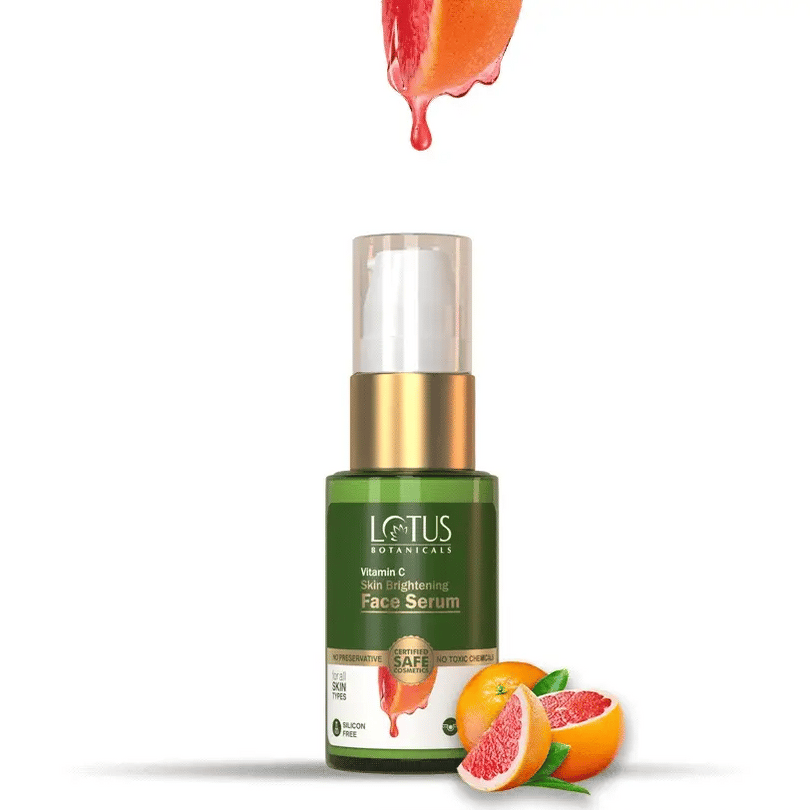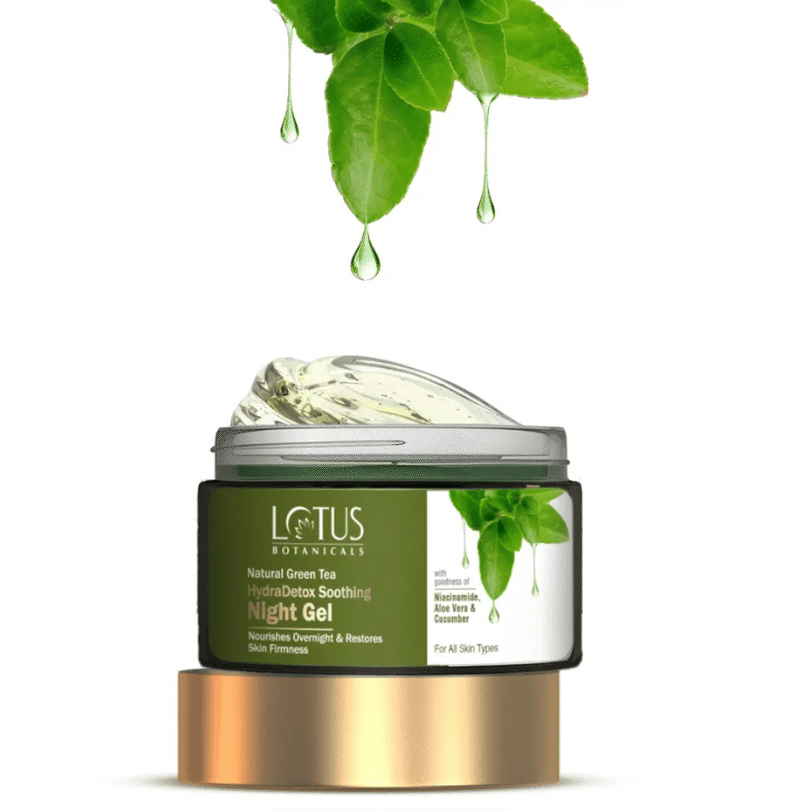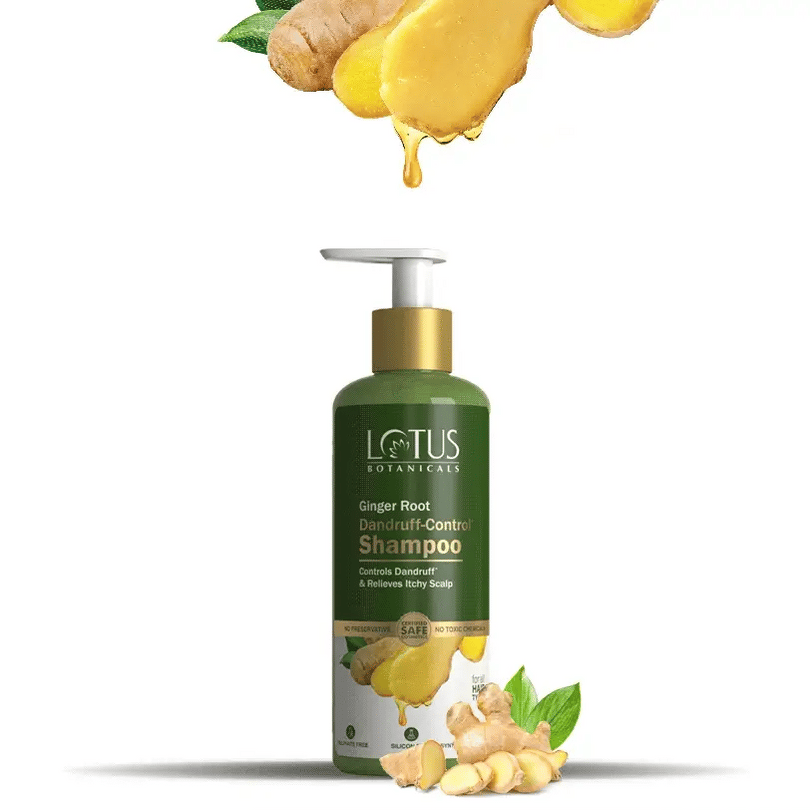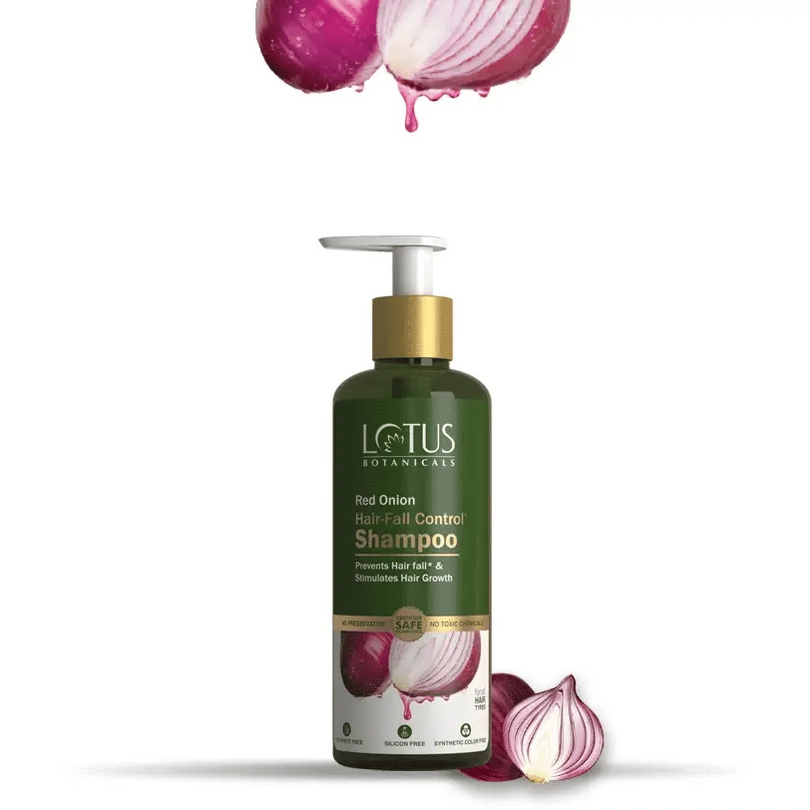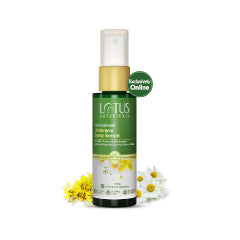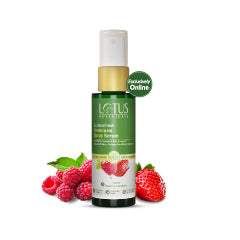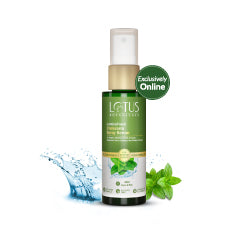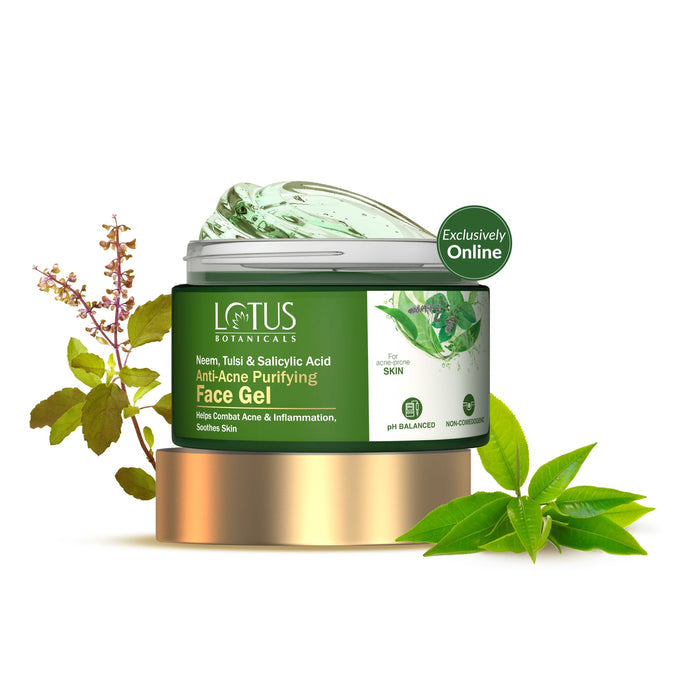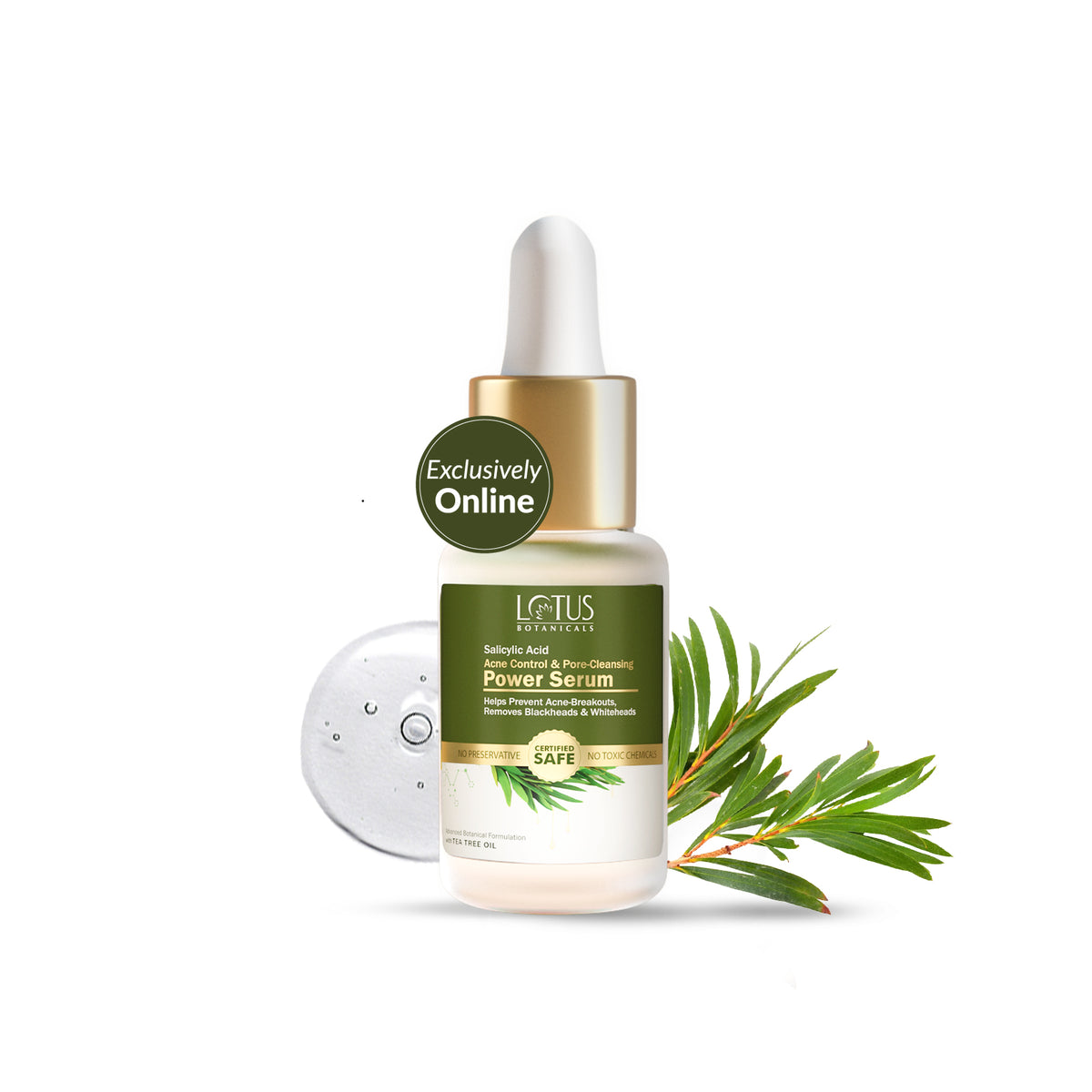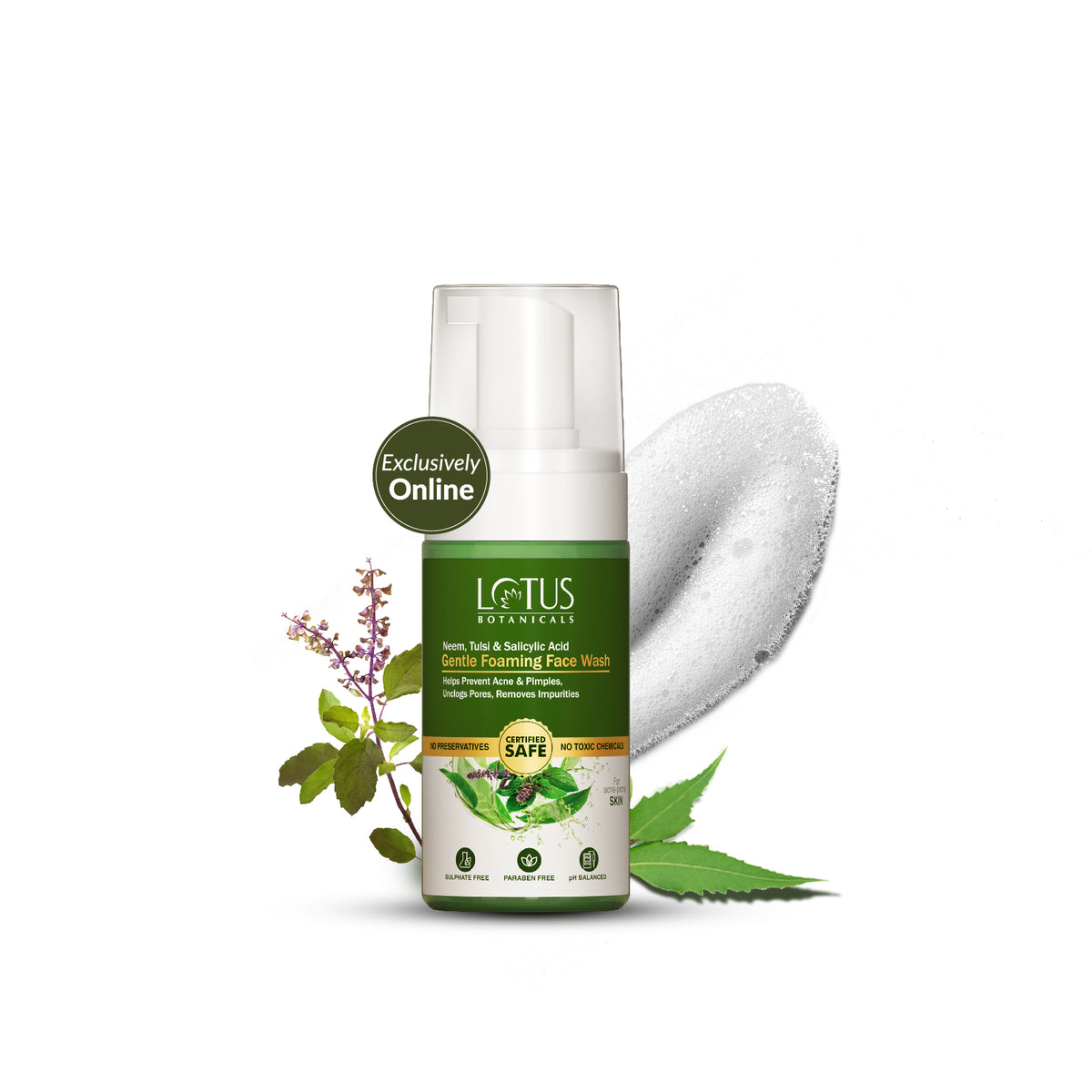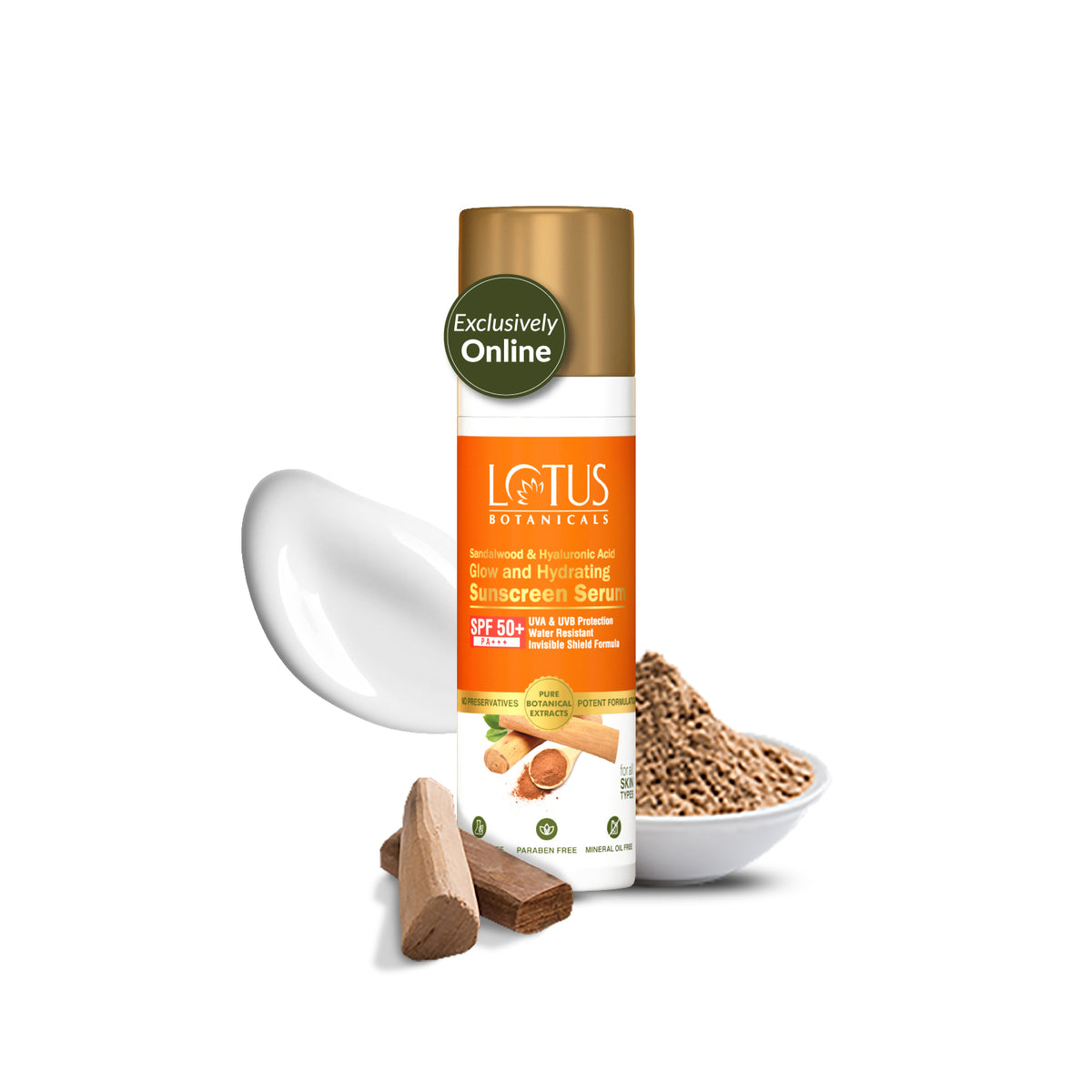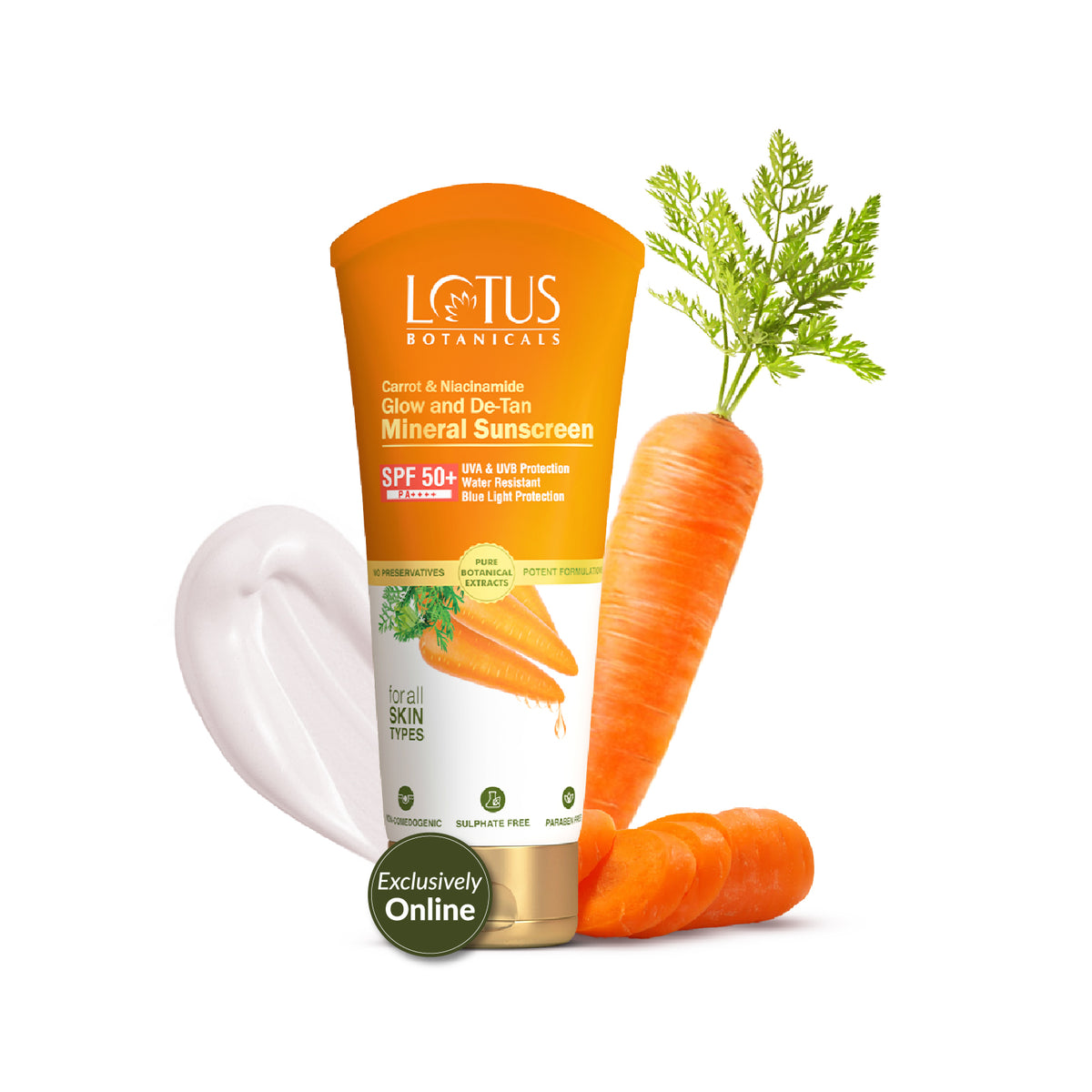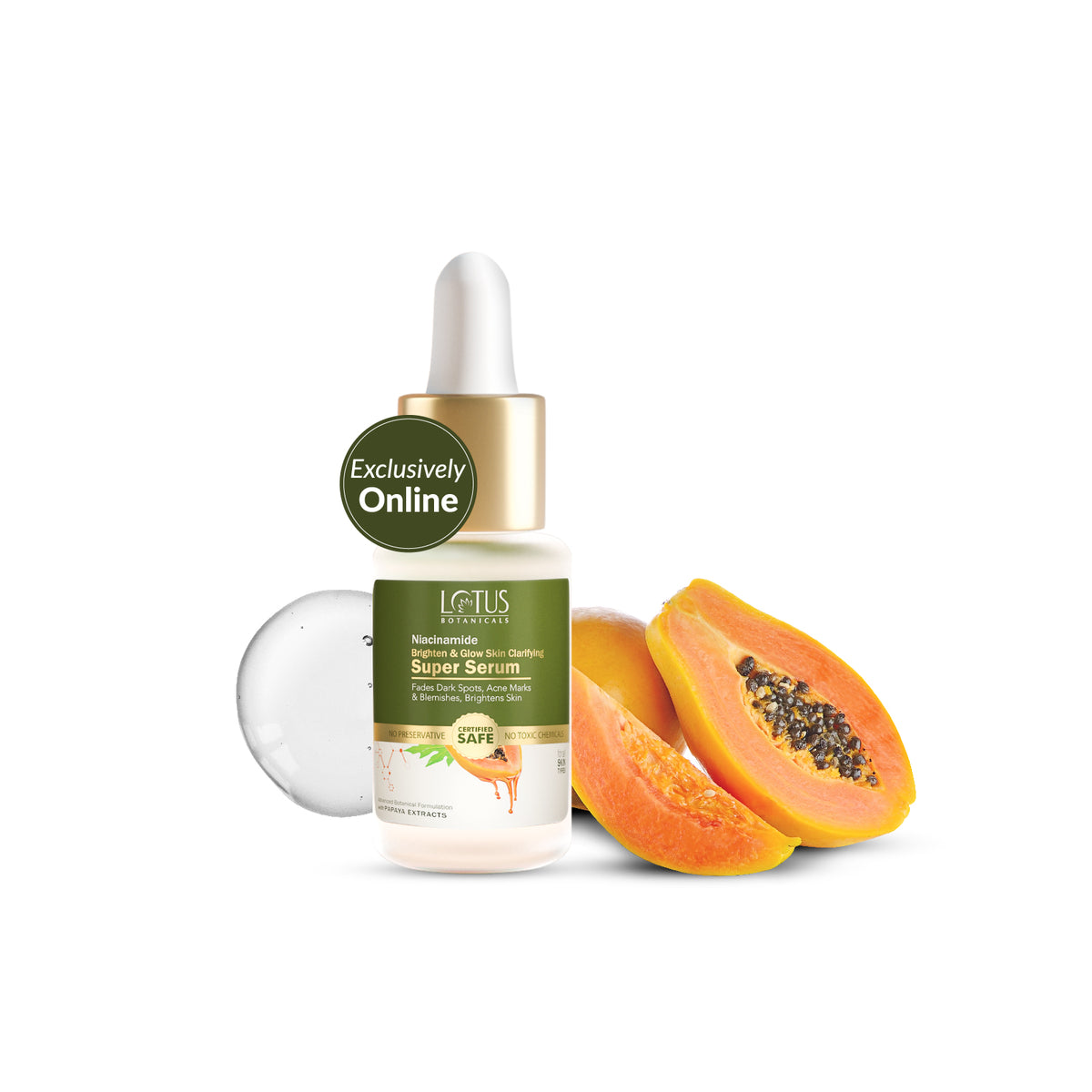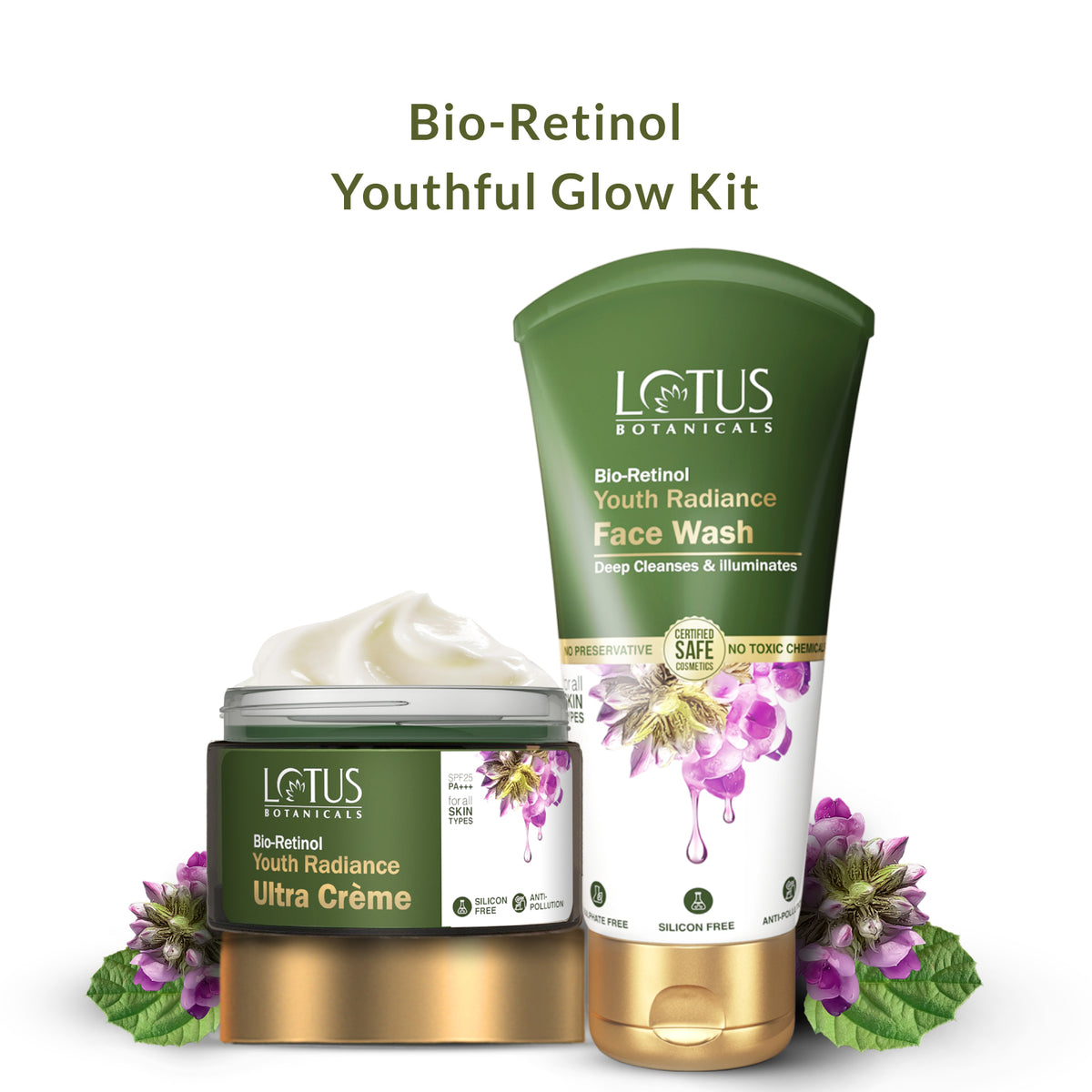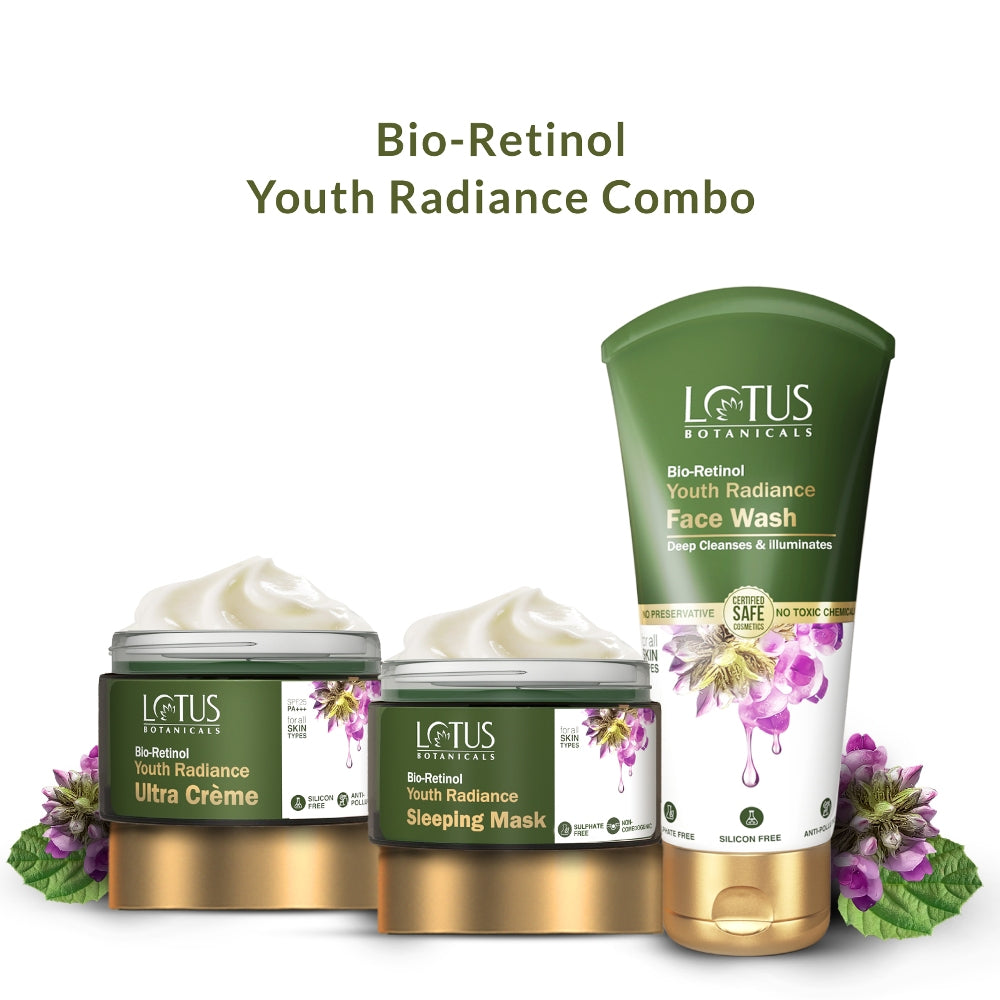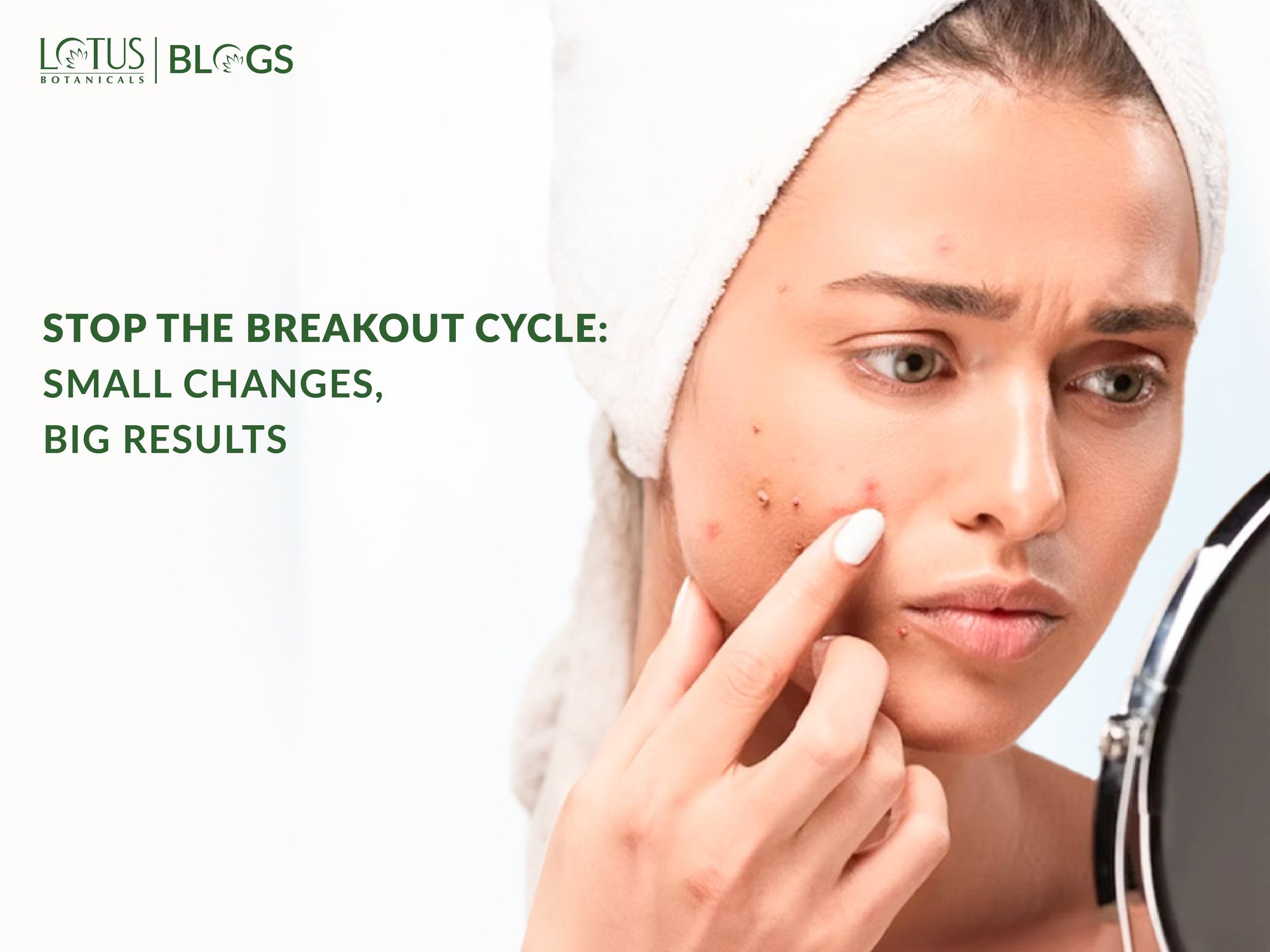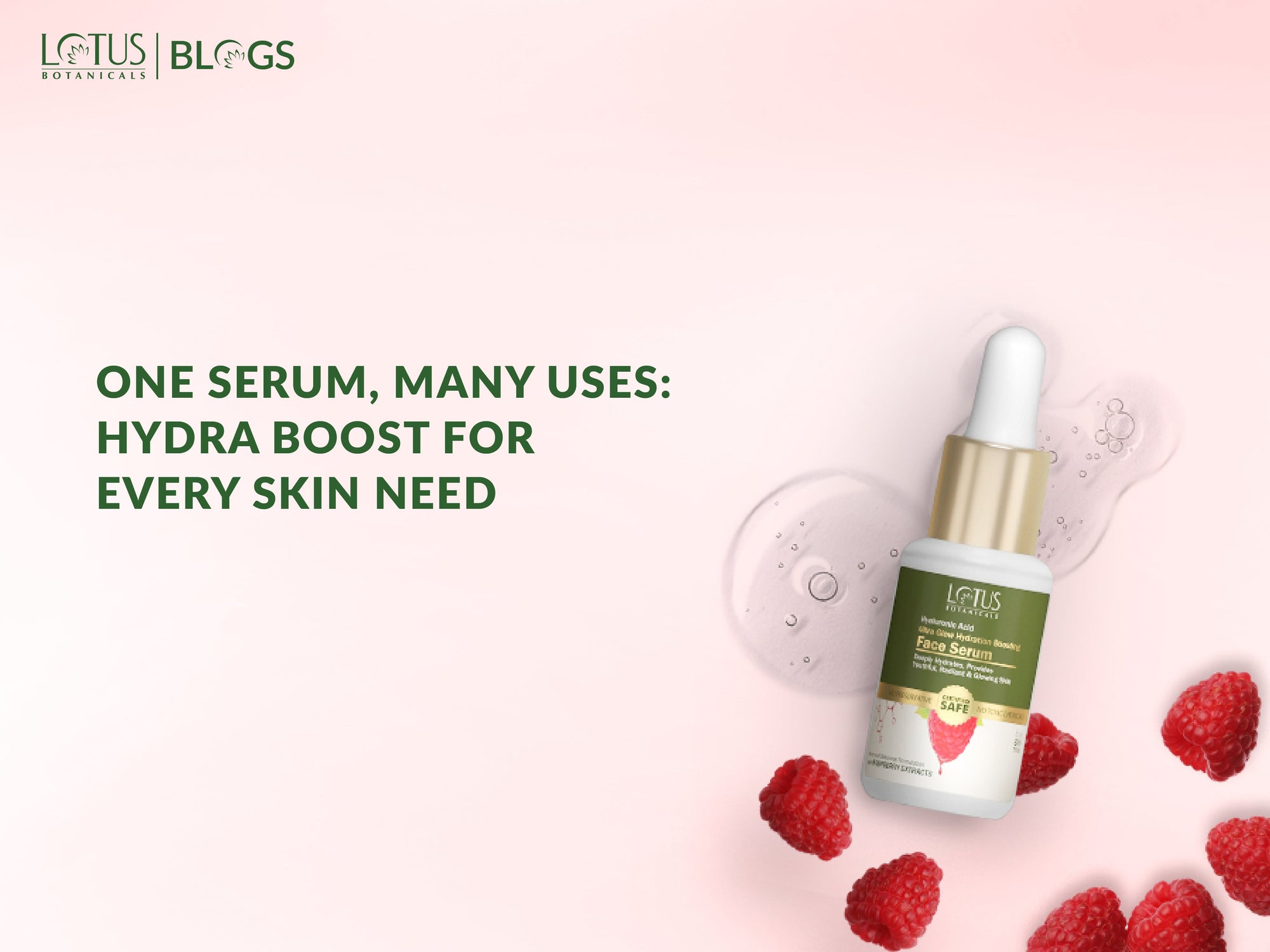
Highlights
-
Menopause: What is it?
-
How does menopause affect the skin?
-
How to care for skin concerns during menopause
-
Essential Tips to Care for Your Skin After Menopause
-
Skincare Products to Use After Menopause

Menopause is a natural transition that every woman goes through, but it can also significantly impact your skin. The hormonal changes during menopause can cause skin concerns such as thinning, dryness and increased wrinkling. It is essential to have a proper skincare routine during this time to maintain a youthful and healthy appearance. This blog will discuss essential tips for taking care of your skin after menopause and the best skincare products to use.
Menopause: What is it?
Menopause is a significant milestone in a woman's life when her ovaries stop producing estrogen, a hormone that is crucial for maintaining healthy and youthful-looking skin. As estrogen levels decline, women often notice many signs of ageing, such as wrinkles and sagging skin on the arms and face. (1)
Although menopause can occur as early as age 40, most women experience it around age 50. This process can last for several years, during which physical changes such as hot flashes and night sweats, as well as emotional changes like anxiety and depression, can occur. These changes can also impact a woman's perception of herself and her appearance.
It's important to remember that menopause is a natural part of life, and while it can bring changes to the skin and body, there are steps women can take to manage its effects. By following a proper skincare routine and adopting healthy habits such as exercise and a balanced diet, women can help maintain their skin's health and reduce the visible signs of ageing.
How does menopause affect the skin?

Menopause can affect the skin in several ways due to the decline in hormone levels, particularly estrogen, which can lead to a decrease in collagen production, causing the skin to become thinner and drier. Skin thinning can make it more prone to wrinkles, fine lines, and sagging.
Hormonal changes can also make the skin more sensitive and increase the likelihood of dryness, itching, and irritation. Some women may experience acne breakouts or dark spots due to hormonal imbalances. These skin changes are common during menopause and can be managed with proper skin care and treatment.
How to care for skin concerns during menopause
Menopause can cause various skin concerns, including dryness, thinning, sagging, wrinkles, and hyperpigmentation. Here are some tips for caring for these skin concerns:
- Dryness: Use a rich, hydrating moisturiser and avoid hot showers or baths that can strip the skin of moisture. Consider using a humidifier in your home to add moisture to the air.
- Thinning and sagging: Use skincare products that contain retinoids or peptides to help boost collagen production and improve skin elasticity. (2)
- Wrinkles: Use a daily sunscreen to help prevent further sun damage and wrinkles, and apply a retinoid product at night to help reduce the appearance of fine lines and wrinkles. (3)
- Hyperpigmentation: Use skincare products that contain ingredients like vitamin C or niacinamide to help brighten the skin and reduce hyperpigmentation. Consider cosmetic procedures like chemical peels or laser treatments to help improve skin discolouration. (4)
- Acne: Use skincare products that contain ingredients like salicylic acid to help reduce the appearance of acne. Consider cosmetic procedures like chemical peels to help unclog pores and improve skin texture.
It's essential to consult with a dermatologist to help develop a personalised skincare routine and treatment plan to address your specific skin concerns during menopause.
Essential Tips to Care for Your Skin After Menopause
Tea Tree Acne Control & Pore Cleansing Power Serum
Removes Blackheads & Whiteheads | Prevents Acne & Pimples | Cleanses Pores
Neem & Tulsi Gentle Foaming Face Wash
Helps Prevent Acne & Pimples | Unclogs Pores | Removes Impurities

Menopause can bring many changes to your skin, which is why it's important to take care of it to maintain a healthy and youthful appearance. Here are some essential tips to help you achieve this goal. One of the most important things you can do for your skin is to stay hydrated, eat a balanced diet, and exercise regularly.
Drinking plenty of water and eating foods rich in antioxidants can help promote healthy skin. Regular exercise can improve circulation, which is essential for keeping your skin looking youthful and healthy. Another crucial factor in maintaining your skin's health is protecting it from the sun.
The sun's UV rays can cause premature ageing and increase the risk of skin cancer. Always wear broad-spectrum sunscreen with an SPF of at least 30, even on cloudy days, and cover up with protective clothing like a hat and sunglasses.
Using gentle skincare products is also crucial to avoid irritation and dryness. Look for products that contain hydrating ingredients, such as hyaluronic acid, and avoid products with harsh chemicals that can be damaging to the skin.
Finally, consulting with a dermatologist is recommended to determine the best skincare routine for your specific skin type. They can provide guidance on what products to use and how often to use them to maintain healthy, youthful-looking skin.
Skincare Products to Use After Menopause
Sandalwood & Hyaluronic Acid Glow and Hydrating Sunscreen Serum | SPF50+ | PA+++
Ultra High Sun Protection | Unique Sunscreen Serum Formula
Carrot & Niacinamide Glow and De-Tan Mineral Sunscreen | SPF 50+ | PA++++
Highest UV Protection with PA++++| High Performance Mineral Filters

Menopause is a natural process that every woman will experience in her lifetime. Unfortunately, this transition can bring a host of uncomfortable symptoms, including changes to the skin. While there's no way to stop the ageing process, there are skincare products that can help you reduce the signs of ageing.
Firstly, it's important to keep your skin hydrated, so invest in a moisturiser that contains hyaluronic acid. This ingredient can help retain moisture in the skin, making it look plumper and healthier. Serums and toners are also useful in protecting your skin from the effects of menopause. Peptides and antioxidants in these products can promote collagen production and protect against free radical damage.
Additionally, retinoids can reduce the appearance of fine lines and wrinkles, although it's essential to start with a low concentration to avoid skin irritation. To further promote collagen production, consider using skincare products that contain peptides. These active ingredients can help tighten and firm the skin, giving you a more youthful appearance.
Niacinamide, a form of vitamin B3, is also effective in improving skin elasticity and reducing fine lines, wrinkles, hyperpigmentation, and enlarged pores. It is recommended to use a Jade roller for face massage everyday. As you navigate the changes that come with menopause, remember that taking care of your skin is crucial in maintaining a youthful appearance. With the right skincare products, you can reduce the effects of menopause and feel confident in your skin.
Papaya & Niacinamide Brighten & Glow Skin Clarifying Super Serum
Brightens Skin | Fades Dark Spots | Boosts Skin Hydration
Carrot & Niacinamide Glow and De-Tan Mineral Sunscreen | SPF 50+ | PA++++
Highest UV Protection with PA++++| High Performance Mineral Filters
Conclusion About Skincare Routine After Menopause
In conclusion, menopause is a process that can leave a significant impact on your skin. But, with the right skincare routine, you can reduce its effects and maintain healthy and youthful-looking skin. Make sure to stay hydrated, exercise regularly, eat a balanced diet, and protect your skin from the sun.
Use gentle skincare products that contain active ingredients like retinoids, peptides, and hyaluronic acid to keep your skin looking its best. If you have any questions or comments about menopause and skincare, please leave them below. We're always happy to hear from you!
FAQs About Skincare Routine After Menopause
How do I take care of my skin after menopause?
A: Use a gentle cleanser, a rich moisturiser, and a daily sunscreen to protect your skin from sun damage. You can also use skincare products that contain retinoids or peptides to help boost collagen production and improve skin elasticity.
What is the best vitamin after menopause?
A: Ensure you get enough calcium and vitamin D to help support bone health. It's also recommended to speak with a healthcare provider to determine if you need to take any additional supplements.
Should you use retinol after menopause?
Yes, using a retinol product after menopause can help improve the appearance of fine lines and wrinkles and boost collagen production.
What is the best face wash for menopausal skin?
The best face wash for menopausal skin is gentle, hydrating, and doesn't strip the skin of its natural oils. Look for products that contain hyaluronic acid, ceramides, or glycerin to help hydrate the skin and avoid harsh chemicals that can irritate the skin. It's also recommended to consult with a dermatologist to determine the best face wash for your specific skin concerns.
Read More:
Complete Acne Guide For Pimple-Free Clear Skin
Face Redness: Causes and Treatments
All You Need To Know About Under-Eye Wrinkles
How Overnight Sleeping Mask improve your skin
Highlights
-
Menopause: What is it?
-
How does menopause affect the skin?
-
How to care for skin concerns during menopause
-
Essential Tips to Care for Your Skin After Menopause
-
Skincare Products to Use After Menopause







